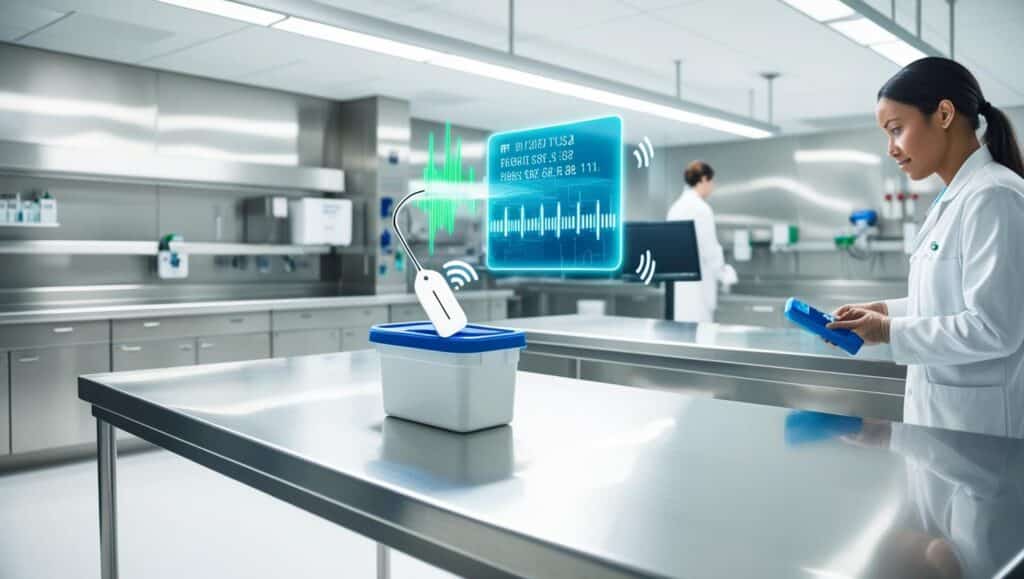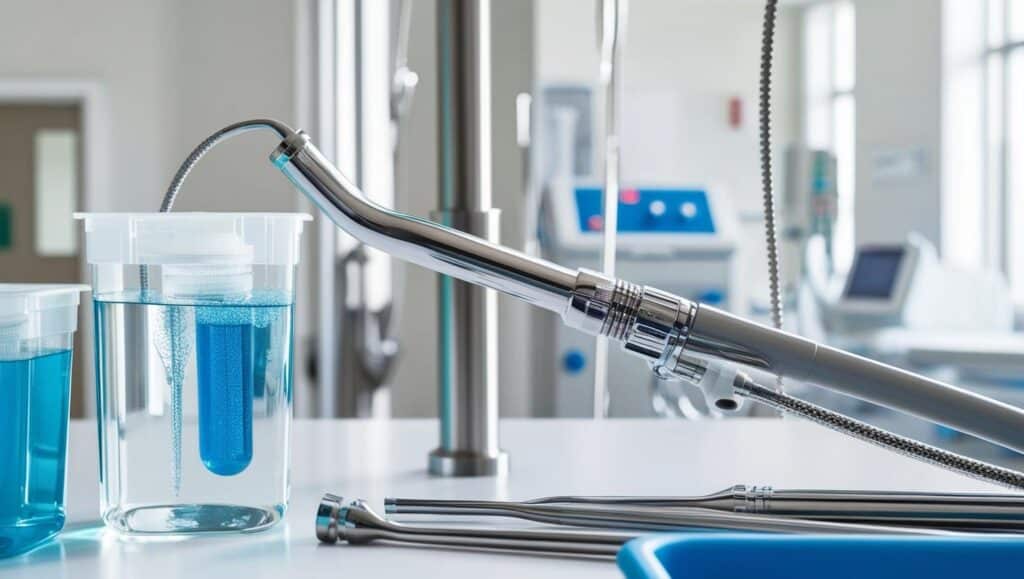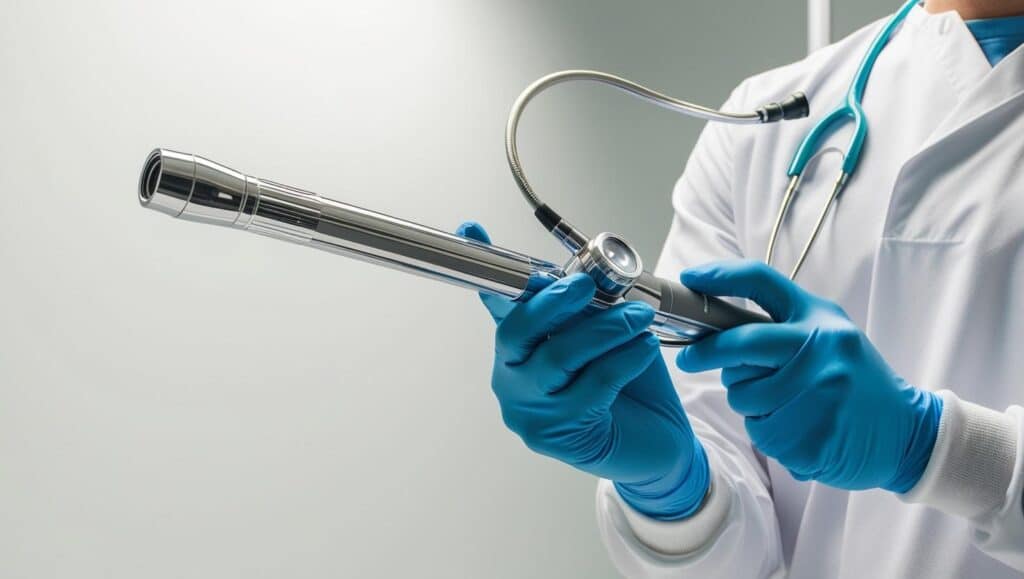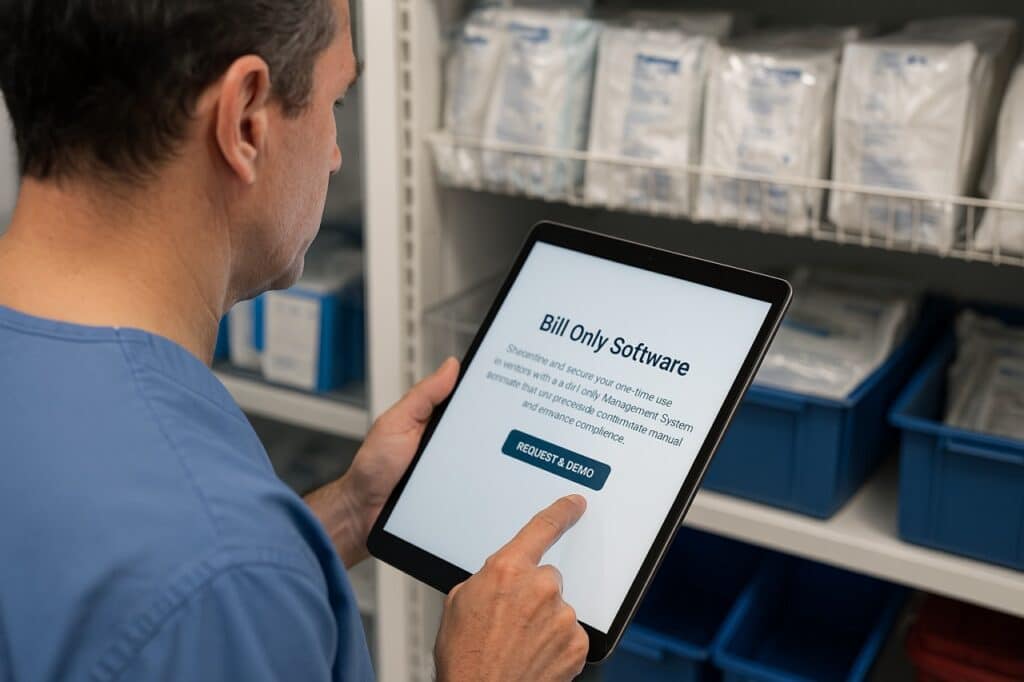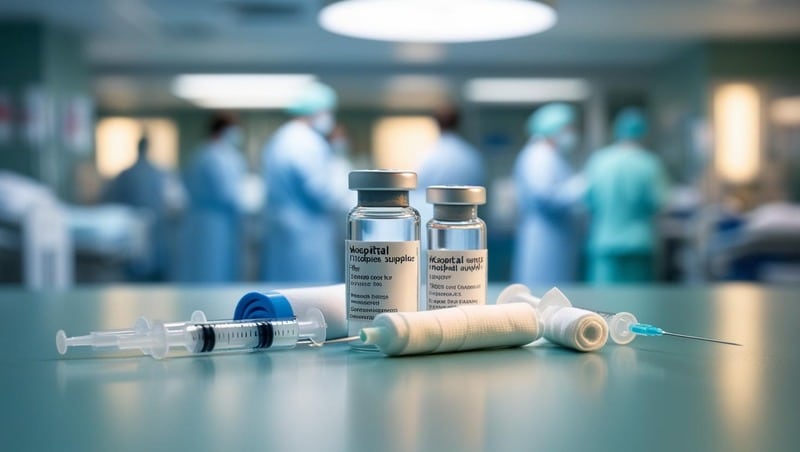The Clock Is Ticking on ReadyTracker — What’s Your Contingency Plan?
Every hospital knows the importance of data retention, especially when it comes to compliance with Joint Commission standards. Yet many organizations are now facing a serious compliance risk they didn’t see coming: Steris has announced the sunset of ReadyTracker — and all data will be deleted by February 2026. For hospitals using ReadyTracker for tissue […]
The Clock Is Ticking on ReadyTracker — What’s Your Contingency Plan? Read More »



